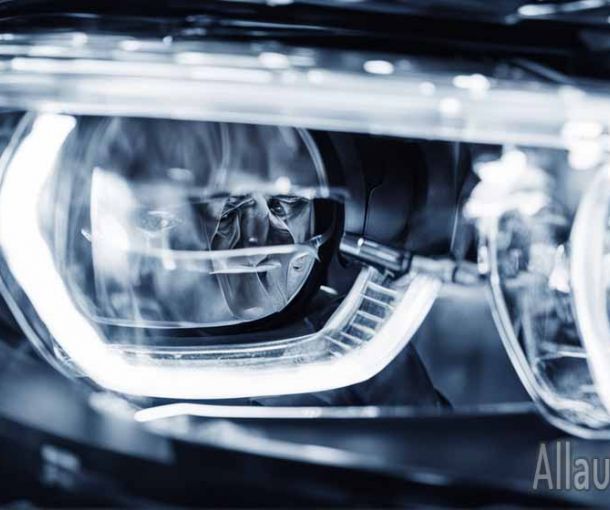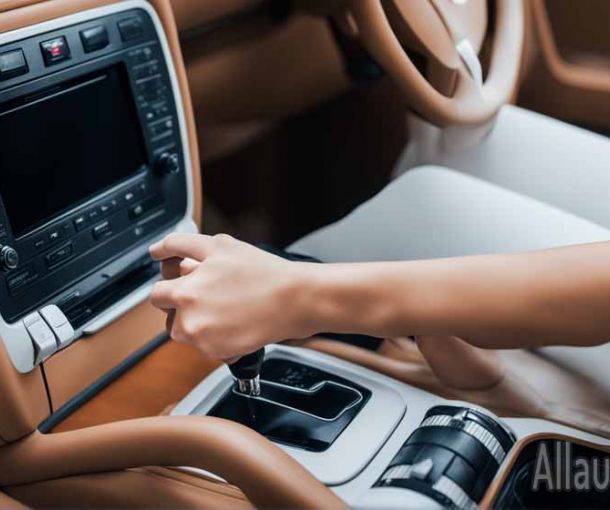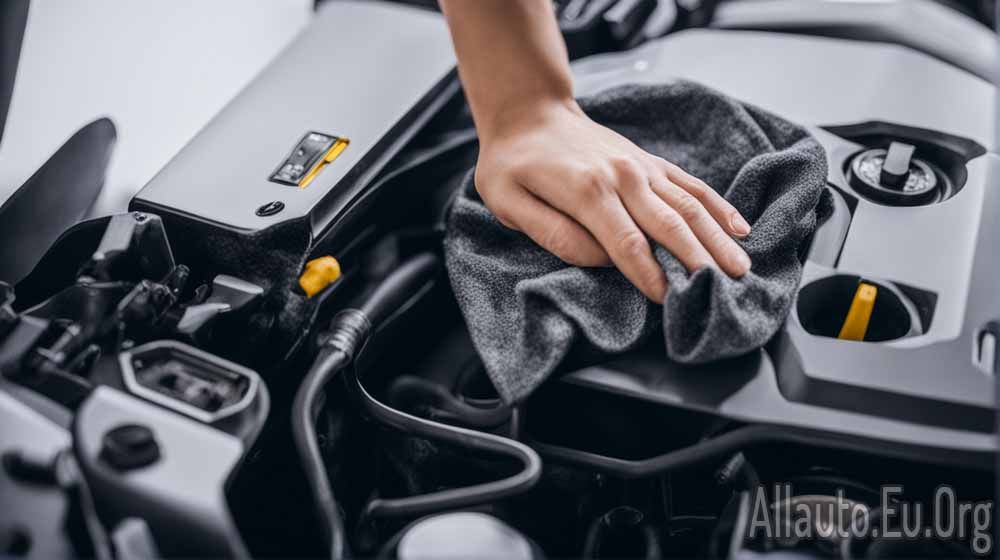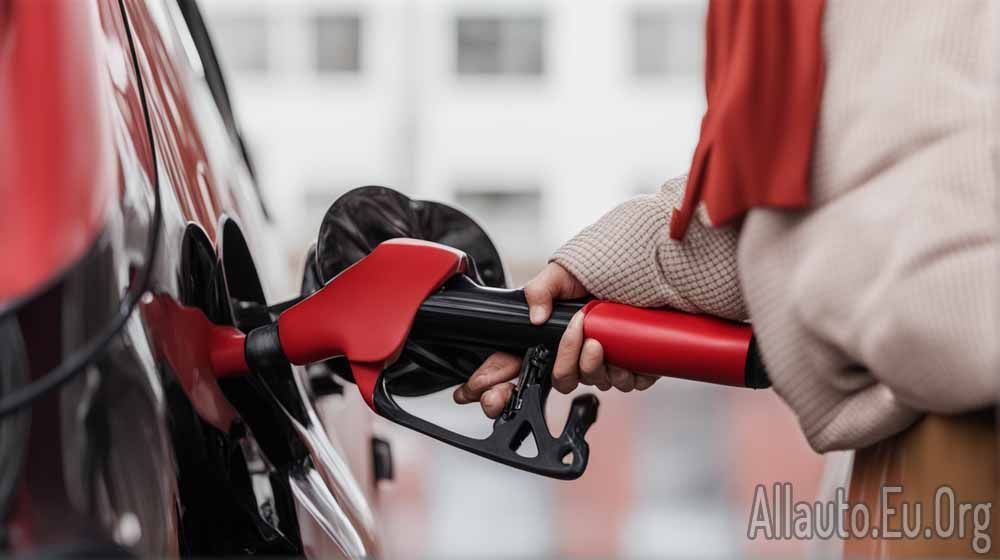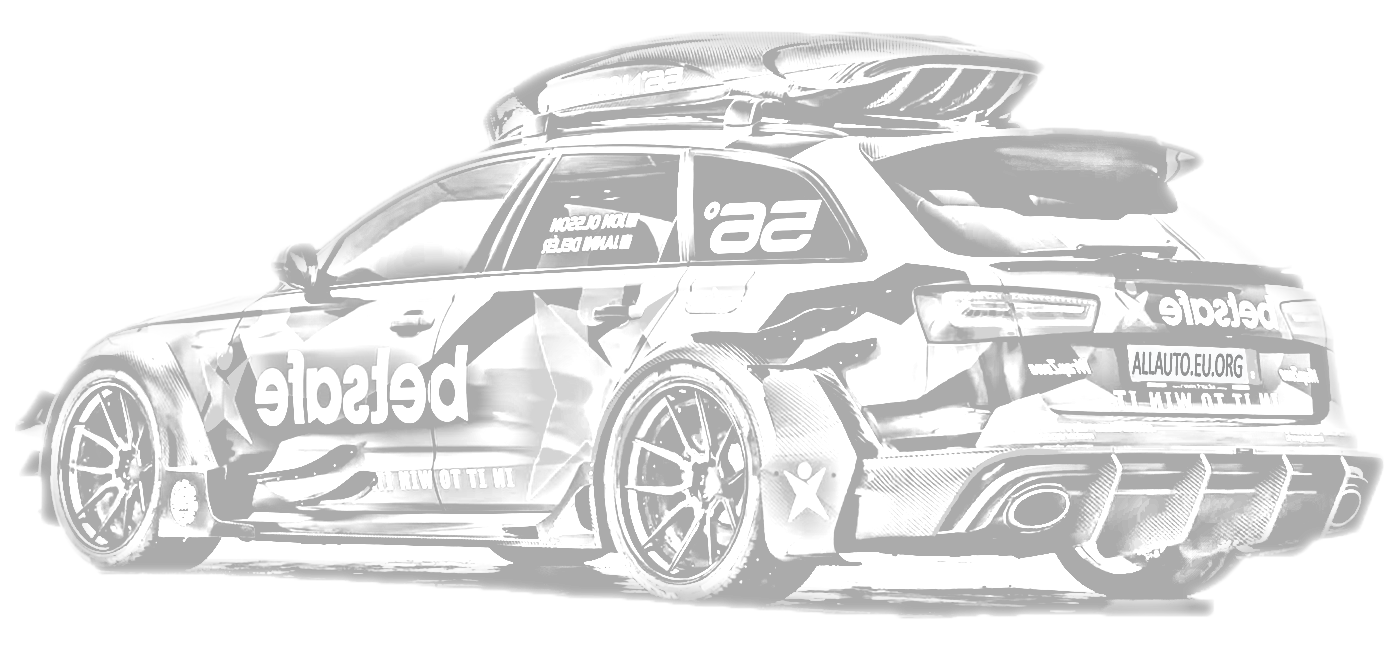
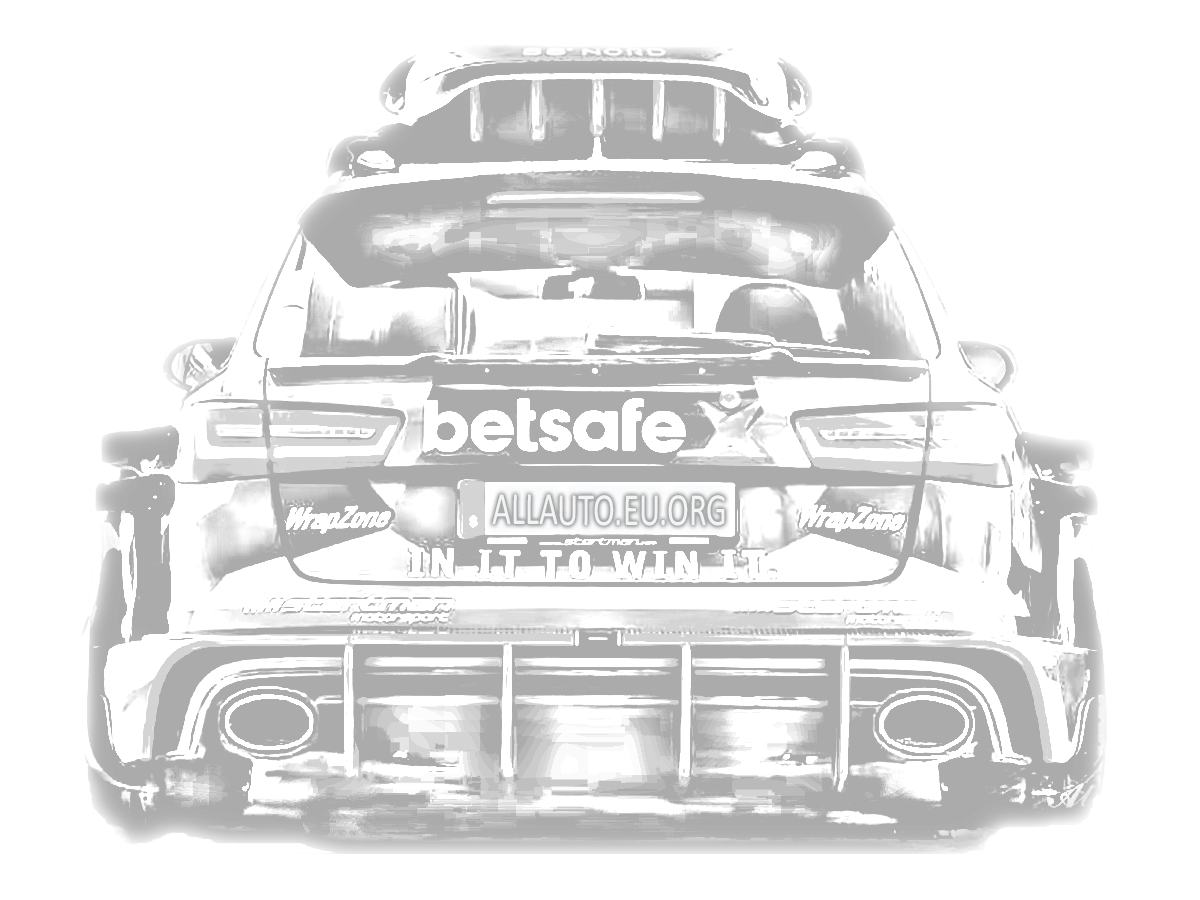
Auto Maintenance for Off-Road Vehicles: Tips for Keeping Your Car Safe and Strong
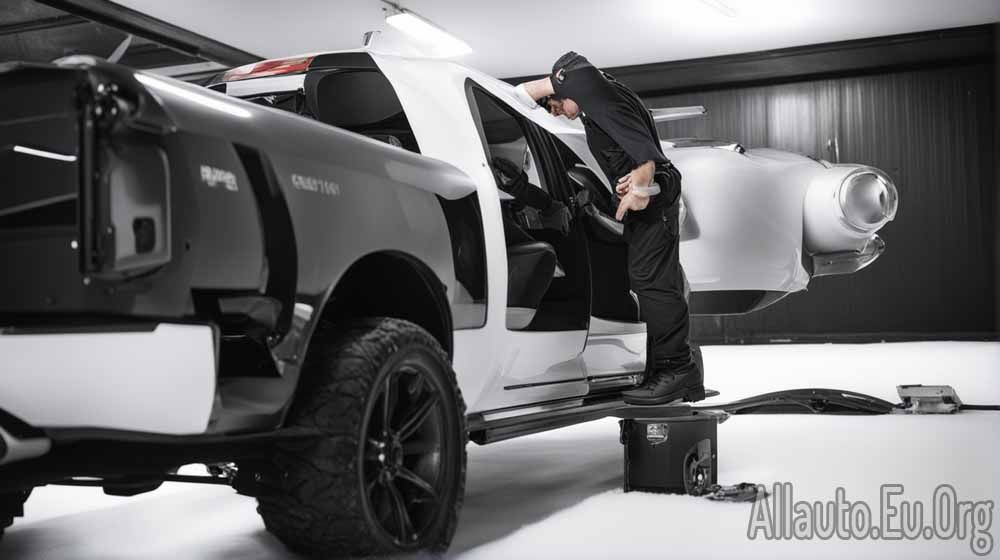
Off-road vehicles are designed to handle some of the toughest terrains and environments. However, even the most rugged and durable off-road vehicles require regular maintenance to ensure that they remain safe and reliable. Whether you are a seasoned off-road enthusiast or just starting out, here are some essential tips for maintaining your off-road vehicle.
-
Check Your Fluids Regularly
One of the most important aspects of maintaining any vehicle is ensuring that all fluids are at the proper levels. This includes oil, coolant, brake fluid, and transmission fluid. Off-road vehicles are subjected to extreme conditions, which can cause fluids to deplete more quickly than usual. Make sure to check your fluid levels regularly, and top them off as needed.
-
Inspect Your Tires
Off-road tires are designed to provide maximum traction and durability in challenging environments. However, even the best off-road tires can suffer from wear and tear. Regularly inspect your tires for signs of damage or wear, and replace them as needed. Proper tire maintenance not only helps prevent flats and blowouts but also improves overall vehicle performance.
-
Keep Your Filters Clean
Filters play a vital role in keeping your off-road vehicle running smoothly. Air filters help to keep dirt and debris from entering your engine, while fuel filters keep impurities from clogging your fuel system. Make sure to clean or replace your filters regularly, especially if you frequently drive in dusty or dirty environments.
-
Service Your Brakes
Off-road driving can put a significant strain on your vehicle's braking system. Make sure to have your brakes serviced regularly to ensure that they are in good working order. This includes inspecting your brake pads, rotors, and calipers, and replacing any worn or damaged parts.
-
Check Your Suspension
Off-road vehicles require a robust suspension system to handle the rigors of driving on rough terrain. Regularly inspect your suspension components, including shocks, struts, and bushings, and replace any worn or damaged parts. A properly functioning suspension system helps to ensure a smoother ride and improved vehicle handling.
-
Maintain Your Battery
Off-road driving often requires the use of additional electrical equipment, such as winches, lights, and sound systems. Make sure that your battery is up to the task by testing its voltage regularly and replacing it as needed. It's also important to keep your battery terminals clean and free of corrosion.
-
Store Your Vehicle Properly
When your off-road vehicle is not in use, it's important to store it properly to prevent damage and prolong its lifespan. Keep your vehicle in a dry, cool place, away from direct sunlight and moisture. Cover your vehicle to protect it from dust and debris, and consider using a battery maintainer to keep your battery charged and ready for use.
-
Keep Your Vehicle Clean
Off-road driving often means getting your vehicle dirty, but it's important to clean it regularly to prevent dirt and debris from damaging your vehicle's paint and undercarriage. Use a high-pressure washer to blast away mud and dirt, and consider using a protectant spray to help prevent rust and corrosion.
-
Replace Worn Belts and Hoses
Belts and hoses are essential components of your vehicle's engine system, and they can wear out over time. Regularly inspect your belts and hoses for signs of damage, such as cracks or leaks, and replace them as needed. A broken belt or hose can cause serious engine damage, so it's important to keep them in good condition.
-
Follow Your Vehicle's Maintenance Schedule
Every off-road vehicle is different, and each manufacturer has their own recommended maintenance schedule. Make sure to follow your vehicle's maintenance schedule closely, and have your vehicle serviced by a qualified mechanic. Regular maintenance helps to prevent costly repairs and ensures that your vehicle remains safe and reliable.
-
Use High-Quality Parts
When it comes to replacing parts in your off-road vehicle, it's important to use high-quality parts that are designed for off-road use. Cheap or inferior parts can fail quickly, leading to costly repairs and even safety hazards. Always use parts from reputable manufacturers, and consult with a qualified mechanic if you have any doubts.
-
Check Your Lights
Off-road driving often means driving in low-light conditions, so it's important to make sure that all of your lights are working properly. Regularly inspect your headlights, taillights, and signal lights, and replace any burned-out bulbs. Consider adding additional lighting, such as LED light bars, to improve visibility in challenging environments.
In conclusion, maintaining your off-road vehicle is essential for ensuring that it remains safe and reliable on the toughest terrains. Regularly check your fluids, inspect your tires, keep your filters clean, service your brakes and suspension, maintain your battery, store your vehicle properly, keep it clean, replace worn belts and hoses, and follow your vehicle's maintenance schedule. By following these tips, you can enjoy many years of adventurous driving in your off-road vehicle.
In summary, maintaining an off-road vehicle is crucial to ensure its safety and reliability. Regularly check your fluids, inspect your tires, keep your filters clean, service your brakes and suspension, maintain your battery, store your vehicle properly, keep it clean, replace worn belts and hoses, follow your vehicle's maintenance schedule, use high-quality parts, and check your lights. By following these tips, you can enjoy off-road driving with peace of mind.
Tags
Latest Articles

Most Read
All Tags
Subscribe
Donate
Please consider supporting our efforts.
© 2023 All-Auto.ga All rights reserved.


